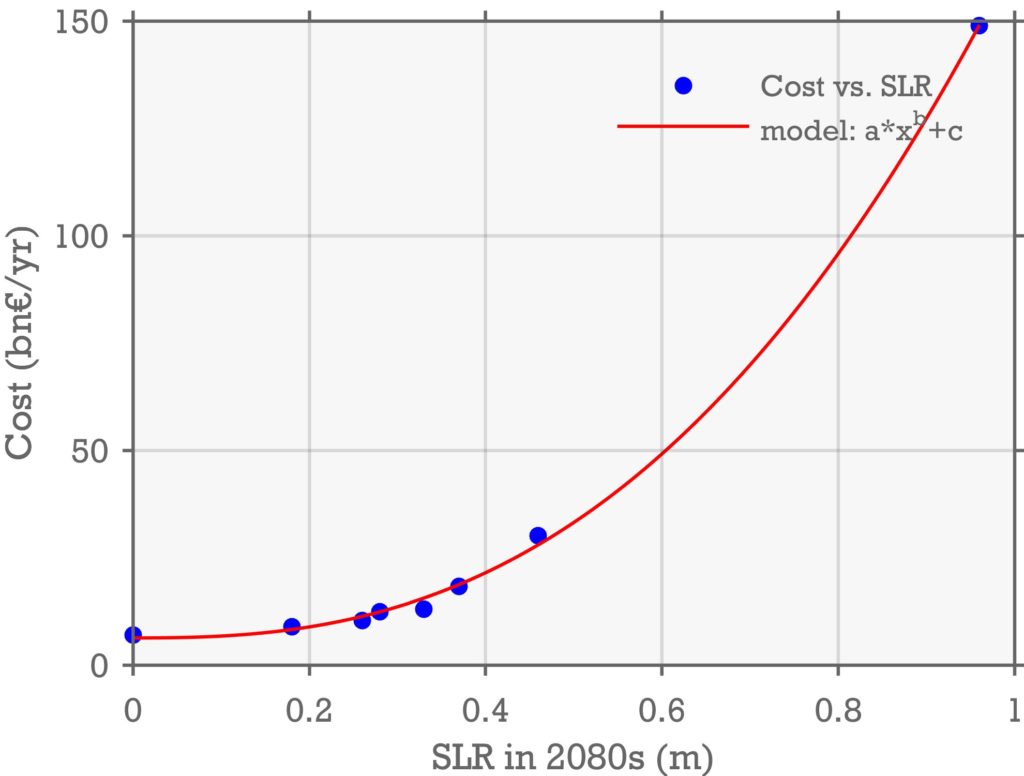Is the global response to climate change just a slow motion version of our response to COVID-19? Let’s have a look at the similarities and differences, and see if there are lessons to be drawn.
As we know, when the virus outbreak was first reported out of China, most in the west thought it was a local problem and did not take much notice. As the virus spread, it was still dismissed as a short-term effect not likely to affect ‘me’. It was only when infections and deaths started to spiral in Europe that the west started to pay real attention. But then the response was varied and ragged.
The American experience was one of the more dysfunctional. Early on, the risk of a pandemic was dismissed as minor or a hoax by the US administration, and the risks downplayed. Only when the evidence was incontrovertible, that cases were growing exponentially and were impacting ‘me’, did action ramp up. Even then, there seemed to be more interest in saving the economy than people’s lives.
This response certainly rhymes with the battle against climate change. Unfortunately the speed of climate change is glacial compared with the virus, and therefore so is the relative sense of urgency on climate change action. Further, no matter how badly we fumble our response to the virus, it will at some stage be stopped by a vaccine. There is no vaccine for climate change.
There are other rhymes between the pandemic and climate change. Look at the exponential function. Remember the early days of the virus. Just a handful of cases – nothing to worry about. Then a few more – alright still manageable. Some more – what’s going on? Then – oh shit! Lock down. Climate change not only has the exponential function analogy, but has a large step change function as well.
As an example consider sea level rise costs. Most people probably imagine that even if climate change is real, the change in sea level will be steady – the ‘x’ centimeters per year type of thinking. That might be true. The problem is that sea level rise costs grow exponentially as does the impact on people just like the virus.

This graph illustrates the point. Every doubling of sea level rise (SLR) increases the impact by more than double. By the time we take notice, costs and impacts will be skyrocketing, because we didn’t stop it earlier.
Climate change carries a further threat beyond the exponential. Dramatic step changes on climate will occur if one of many possible tipping points are reached. These include: collapse of a major ice sheet or glacier, the sudden release of subsea methane, and failure of key ocean circulation currents. There are others. These make climate change even more dangerous than the analogous virus pandemic.
We saw that some countries took the pandemic more seriously than others. This is another similarity with the climate change battle. South Korea and the United States reported their first COVID19 cases on the same day, January 20, 2020. South Korea’s government responded with urgency, the USA did not. As of 11th April the South Korean death rate was 4 per million population and stabilizing. The USA was 60 per million and still growing. These type of differences between countries are apparent in climate action too. Countries closing their borders can stop the spread of the virus, but it won’t stop climate change. Climate change is a global problem without borders, and needs a co-ordinated global response.
We also saw denialists in action. Fox News consistently doubted and mocked the early warnings about the virus threat. Then came a turning point, and without blinking an eyelid, the network went fully into warning about the pandemic. Better late than never, but tragic for those who suffered due to lack of early action. I fear the exact same thing will happen with climate change. All those deniers – watch them turn on a dime. And probably claim they saw this coming a long time ago. The wicked problem with climate change is that by the time the evidence is plain for everyone to see, it will probably be far too late for the most effective mitigation, just as occurred in the USA with the virus response.
Finally, have you noticed that no-one is talking about climate change at the moment? There are more pressing problems. Sure emissions are way down right now, as the global economy slows. But we’ve seen this before. Remember when everyone was talking about Al Gore’s ‘Inconvenient Truth’? Corporates were all developing ‘Sustainability Plans’ and making carbon commitments. More individuals were starting to do the ‘right thing’. Then the GFC hit. Emissions dipped as the economy stalled, but the climate momentum disappeared virtually overnight. People and politicians had more immediate problems to deal with. It took nearly ten years to regain broad community consensus for action. I fear the same thing will happen now. It may take many years for the majority of the public to refocus on climate change as an urgent issue.
What about the positives? We have learnt that when you mobilize forces and bring the general public with you, big ‘impossible’ things can happen and fast. The majority in the community understood and embraced the idea of “flattening the curve”. Maybe this experience will give more people an insight into the need to flatten and reduce the CO2 emissions curve. Maybe we will also learn that change, even significant change, is manageable. Maybe some of the government economic stimulus packages will be directed to climate mitigation projects. I don’t know about you, but these all seem more like wishful thinking than bankable outcomes.
When I first conceived of writing this article I thought I would identify useful opportunities arising from the virus pandemic that could boost the case for urgent action on climate change mitigation. Instead I discovered the opposite. All the critical signs point to climate change being relegated to a third or fourth order issue for some considerable time. This is time that we do not have. The pandemic has distracted us from our already stuttering response to the climate change virus.
The experience of the global response to the COVID-19 pandemic does not bode well for our chances of keeping the climate change threat in check. I hope I’m wrong.
[UPDATE: For a slightly more optimistic view see here ]
IMAGE CREDIT: Miroslava Chrienova/Pixabay
